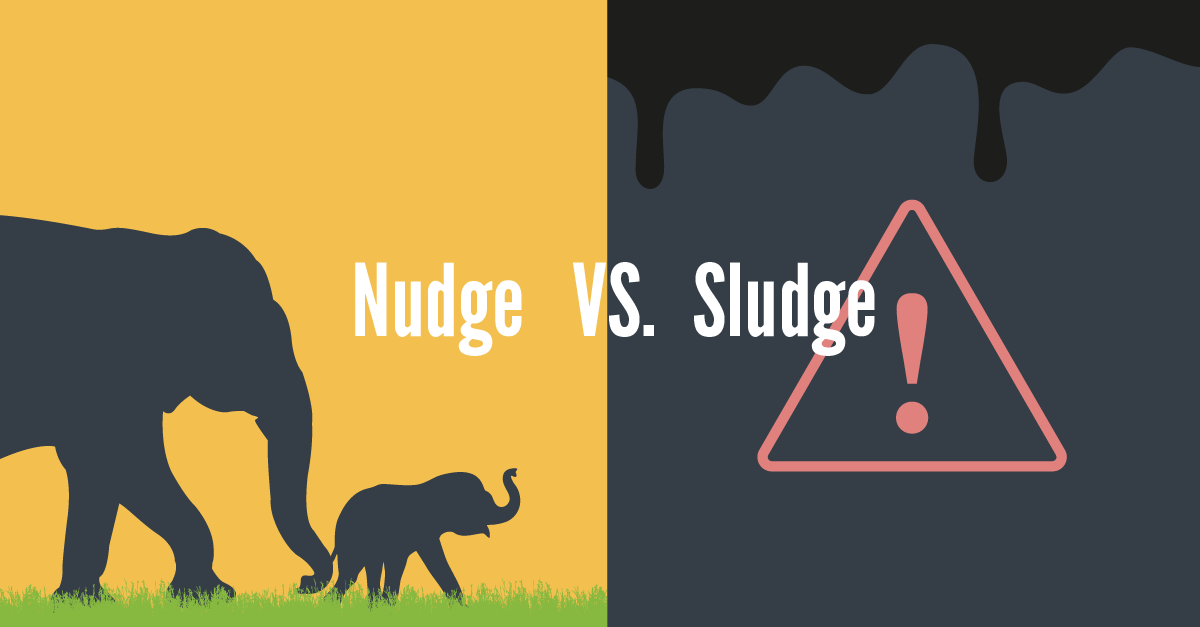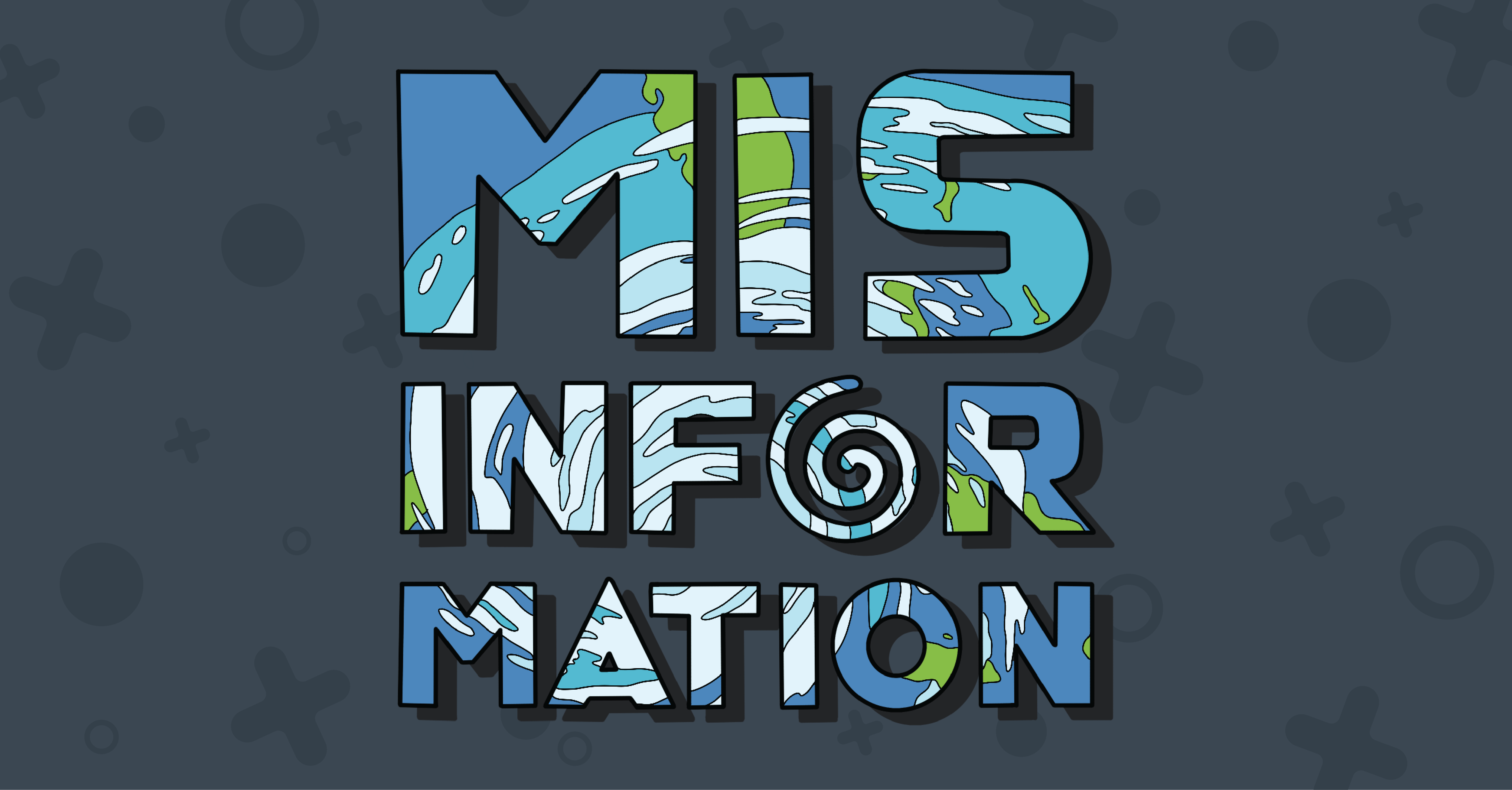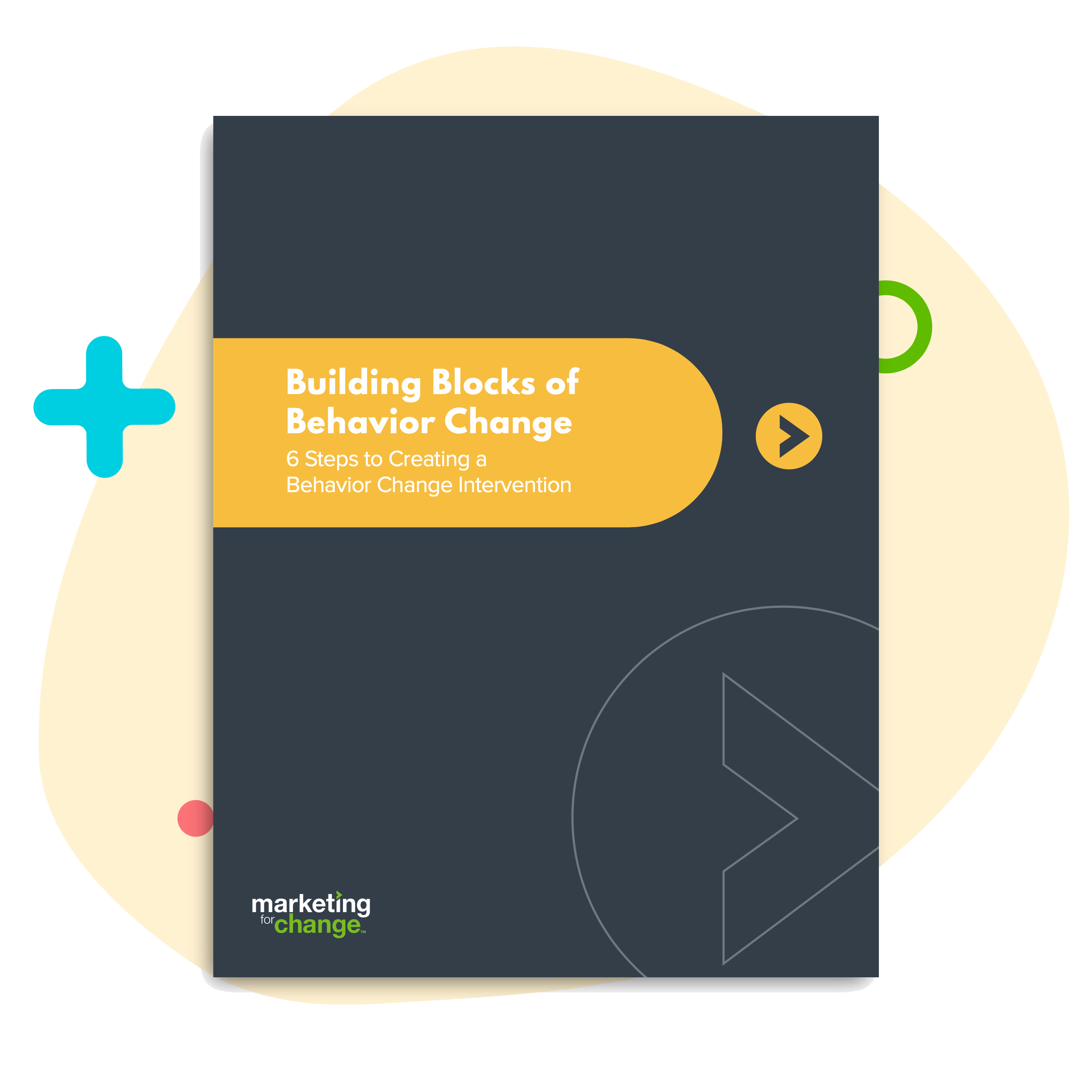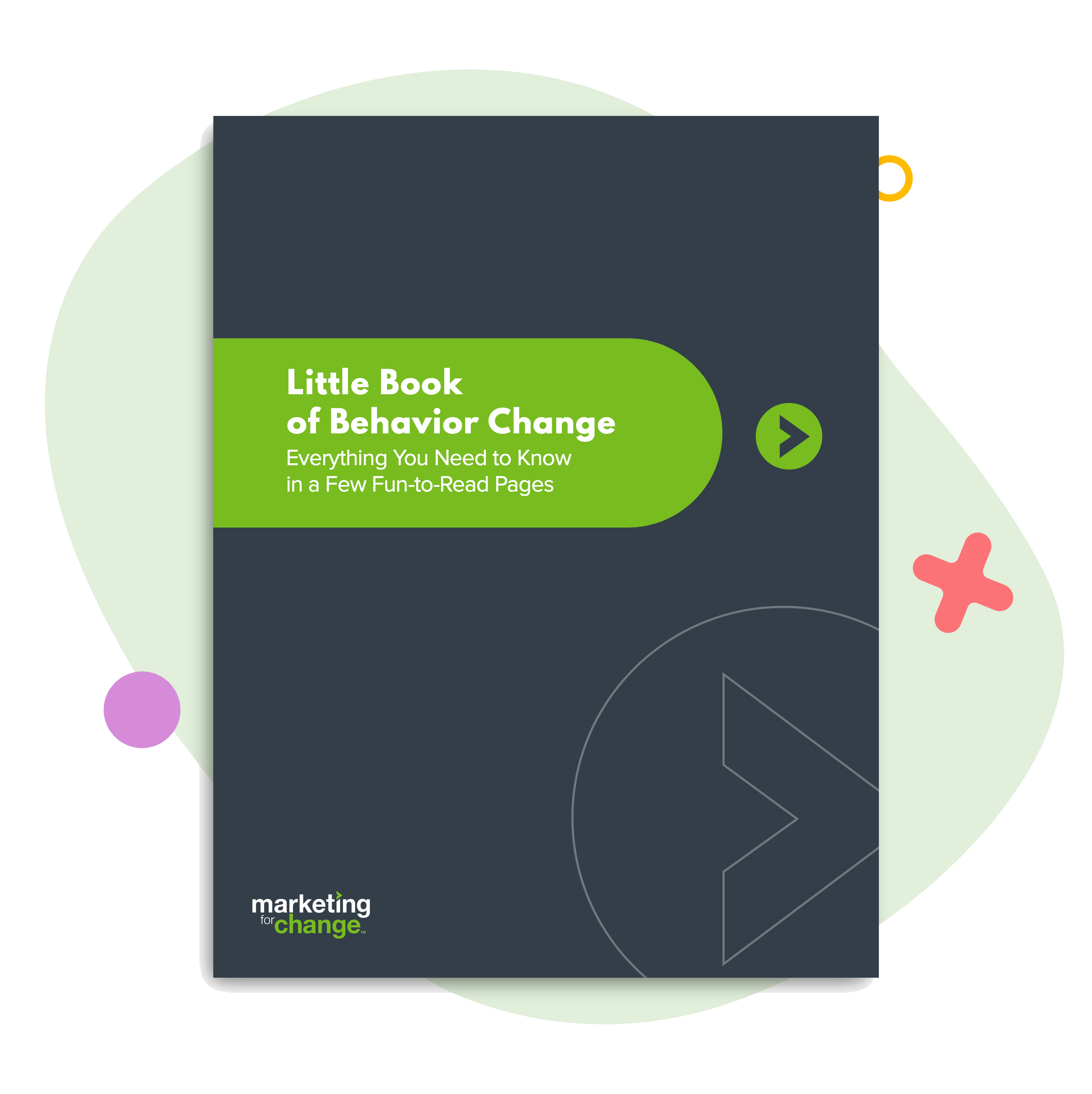
Why Cass Sunstein Hates Sludge — And How You Can Harness it for Good
Cass Sunstein, the gentle intellectual giant of behavioral economics, is on a crusade against sludge. Not the slimy industrial ooze that the word “sludge” calls to mind, but an evil white-collar cousin: public and private sector red tape that at best wastes billions of hours of people’s time and at worst can kill you. Here’s how getting rid of sludge can improve everything from health to higher education access — and how sludge can be leveraged for good.
So what, exactly, is sludge? Lecturing at the Behavioral Science Policy Association conference in New York City last month, Sunstein acknowledged that the definition is still a bit murky. Overall, sludge is a bad thing that private organizations and public agencies should work to get rid of. But sometimes sludge can help people harness their impulses and prevent costly mistakes. Like with everything in behavioral science, context matters.
Nudge v. sludge

The idea of sludge, of course, plays off Nudge, the 2008 book that propelled Sunstein into the Obama White House and co-author Richard Thaler into the U.K. Cabinet.
Thaler and Sunstein define a “nudge” as an intervention that steers people toward better decisions while preserving their freedom to easily say no. For example, moving fruit to the beginning of the cafeteria line boosts sales. Telling hotel guests that most people reuse their towels cuts laundering costs — and water and energy use. And one particularly famous nudge, Thaler’s Save More Tomorrow intervention, may have added billions to people’s retirement accounts by asking employees to commit a portion of future raises to automatic retirement deductions.
Nudges harness behavioral biases, like our tendency to follow social cues and to let inertia take control, as well as our woeful lack of willpower when it comes to sacrificing time, money or effort in the present for a payoff in the future.
Sludge leverages these same biases. But instead of promoting beneficial behaviors, it creates barriers — sometimes with serious consequences.
Sludge most harms the least well off
Sludge affects all of us. Just check out the hard-to-find but heart-stopping federal Inventory of
Approved Information Collection. This web page keeps a running total of how much time and money Americans spend each year filling out federal forms, which currently stands at more than 11 million hours and $141 billion.

But partly because wealthier Americans can get professional help wading through sludge, it often most hurts those who have the least. For example, the complexity of the Free Application for Federal Student Aid (FAFSA) keeps many low-income kids from getting financial help for college, which means fewer get a degree. And each April, millions of dollars of Earned Income Tax Credits go unclaimed by 1 in 5 working poor households because — even though the IRS already has all the information it needs to automatically provide the credit — taxpayers are required to fill out a form that many people find mystifying.
And Sunstein notes that sludge can literally kill you, citing red tape that keeps emergency room doctors from prescribing life-saving medicine to patients with opioid addictions.
Sludge for good
Sludge can also be leveraged for good. One example is waiting periods for gun purchases. By imposing a cooling off period, states that require waiting periods reduce gun deaths by 17%. If waiting periods were imposed nationwide, they would save the lives of 2,000 Americans a year. Similarly, requiring retailers to store cigarettes out of view can be considered a form of helpful sludge to reduce tobacco use.
Other small forms of “good” sludge are frequently encountered online, such as dialog boxes that interrupt to ask whether you really wanted to send an email without a subject line, cancel an order or delete a file.
Does your organization need a sludge audit?
For the most part, people’s lives would be better without sludge. Sunstein encourages large organizations and government agencies to conduct regular sludge audits to assess where they can eliminate unnecessary cost, time and stress. He notes that every sludge statistic — like the 11 million hours American will spend filling out federal government forms this year — has a real human being behind it.

And while economists love to put a dollar figure on wasted time, you can’t buy it back.
Sunstein notes: “Time is the most valuable commodity that human beings have. We should find ways to give them more of it.”

Sara Isaac is Chief Strategist at Marketing for Change.







